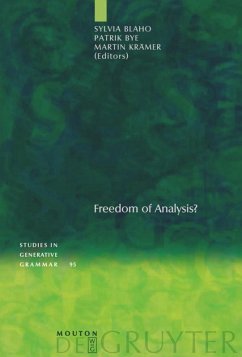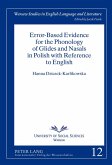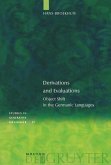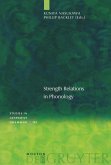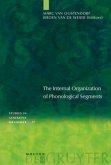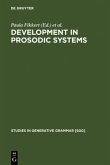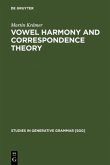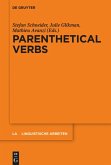This volume draws together papers that argue for a renewed focus on the role of hard constraints on phonological representations as well as the processes that operate on them. These are issues that have been sidelined since the shift in emphasis in phonological research to functionally grounded output-oriented constraints. Taking Optimality Theory as their starting point, the articles attack the question to what degree the Generator function Gen should be given freedom of analysis on three fronts.
(1) What is the nature of the representations that Gen manipulates? Is a return to more articulated theories of segmental and prosodic representation desirable?
(2) What restrictions might there be on the operations that Gen carries out on representations? Should Gen be endowed with structure-changing potential, as assumed in work couched within Correspondence Theory, or is a return to the principle of Containment preferable? Should Gen be restricted in the number ofedits it can carry out at any one time? Should Gen be restricted to generating phonetically interpretable candidates?
(3) What is the relationship between Gen and functionally arbitrary or opaque phonological patterns? Should Gen's freedom be restricted in order to account for language-specific phonology?
The solutions offered to these questions bear significantly on current issues that are of fundamental concern in linguistic theory, including representations, parallelism vs. serialism, and the division of labour between linguistic modules. The authors scrutinize these issues using data from a variety of unrelated languages, including Czech, English, Greek, Haitian Creole, Hawaiian, Lardil, Spanish, Turkish, and Yowlumne.
(1) What is the nature of the representations that Gen manipulates? Is a return to more articulated theories of segmental and prosodic representation desirable?
(2) What restrictions might there be on the operations that Gen carries out on representations? Should Gen be endowed with structure-changing potential, as assumed in work couched within Correspondence Theory, or is a return to the principle of Containment preferable? Should Gen be restricted in the number ofedits it can carry out at any one time? Should Gen be restricted to generating phonetically interpretable candidates?
(3) What is the relationship between Gen and functionally arbitrary or opaque phonological patterns? Should Gen's freedom be restricted in order to account for language-specific phonology?
The solutions offered to these questions bear significantly on current issues that are of fundamental concern in linguistic theory, including representations, parallelism vs. serialism, and the division of labour between linguistic modules. The authors scrutinize these issues using data from a variety of unrelated languages, including Czech, English, Greek, Haitian Creole, Hawaiian, Lardil, Spanish, Turkish, and Yowlumne.

